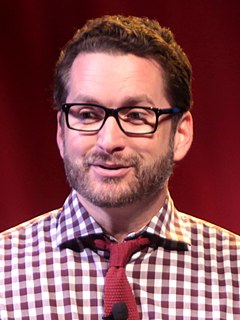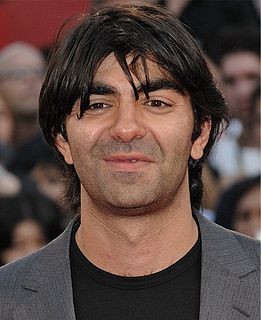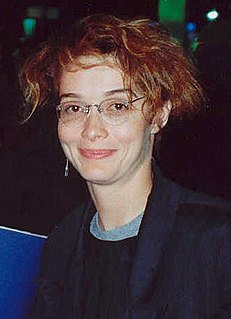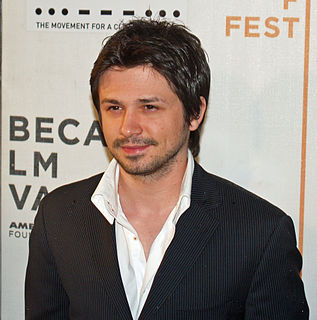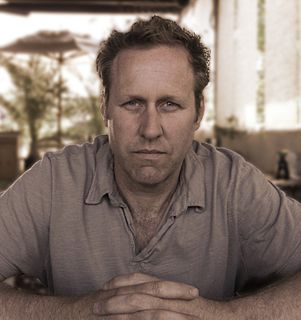A Quote by Burnie Burns
We've always had a roadmap to feature filmmaking, and making a feature film could have been three or four years away for us. But crowdfunding helped us get there in a year, and it allowed us to take a much bigger step.
Related Quotes
When we can’t marry the person we had in mind, our inability to look beyond may even blind sight us from someone who is in fact better for us. When we don’t get hired, or we lose something dear to us, it’s hard to take a step back and notice the bigger picture. Often Allah takes things away from us, only to replace them with something greater.
When I said that something was going to cost a certain amount of money, I actually knew what I was talking about. The biggest problem that we were having on the financing front was people with lots of money saying "you need more money to make this film [Moon]," and us saying "no this is the first feature film we want to do it at a budget where we sort of prove ourselves at the starting end of making feature films; we can do this for $5 million." That is where the convincing part between me and Stuart came, we had to convince people with money that we could do it for that budget.
Most people look at a feature film and say, "It's just a movie." For me there is no border or wall between fiction and documentary filmmaking. In documentaries, you have to deal with real people and their real feelings - you are working with real laughter, happiness, sadness. To try to reflect the reality is not the same as reality itself. That's why I think that making a good documentary is much harder than making a good feature film.
As the world of independent feature filmmaking became increasingly commercialized by the mid-1990s, there was also a parallel, much more positive development: a resurgence in documentary filmmaking, thanks in part to the advent of the cheaper, lighter digital format that helped to offset the daunting costs of pursuing political aims through film.
As soon as I finished film school I was thinking about, how do I get to feature films? It took about eight years, and I'm still working. Feature films was not the end goal. Feature films was one of the stages. Getting to the point of the Coen brothers or Tarantino, where you're writing your own material and have the budget to do it properly, that's the end goal, and I'm close to that.
I believe in signs....what we need to learn is always there before us, we just have to look around us with respect & attention to discover where God is leading us and which step we should take. When we are on the right path, we follow the signs, and if we occasionally stumble, the Divine comes to our aid, preventing us from making mistakes.
